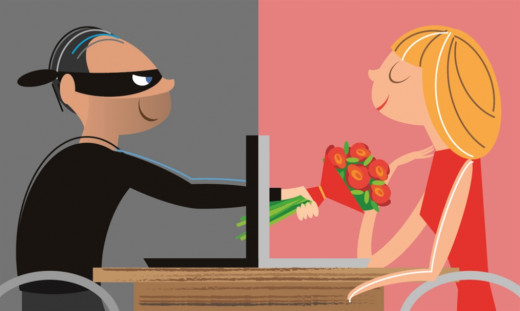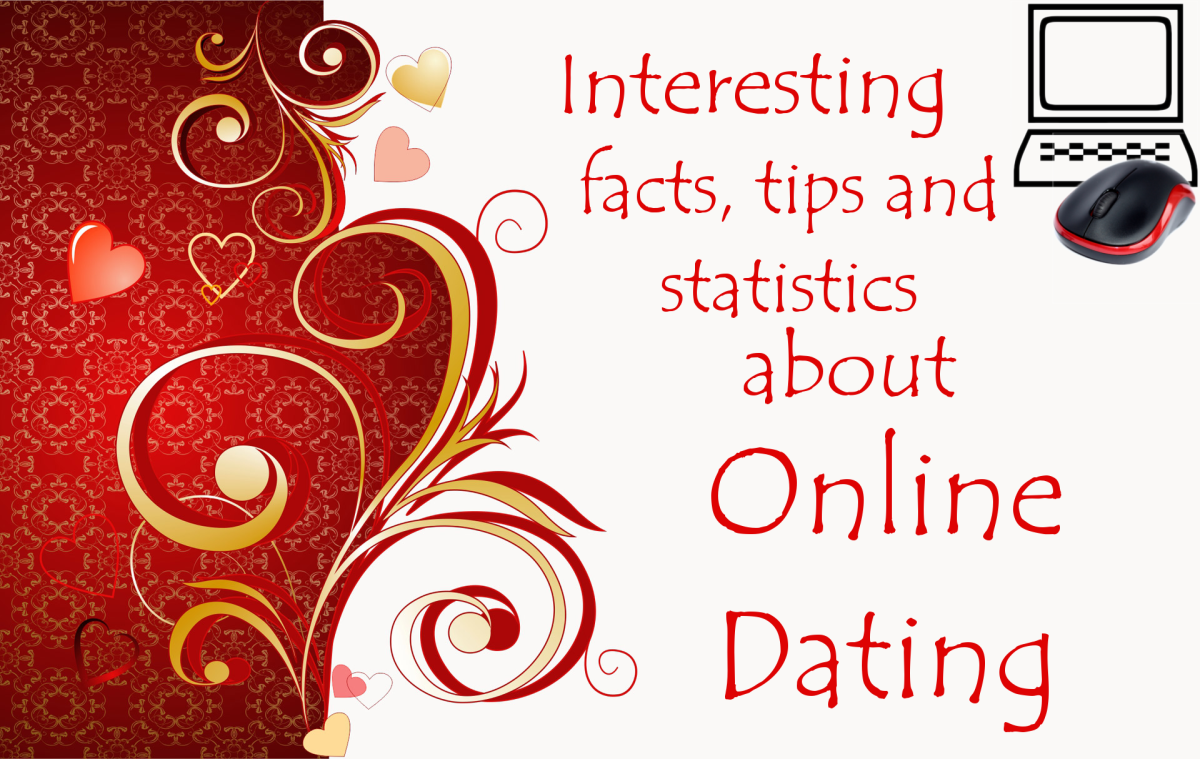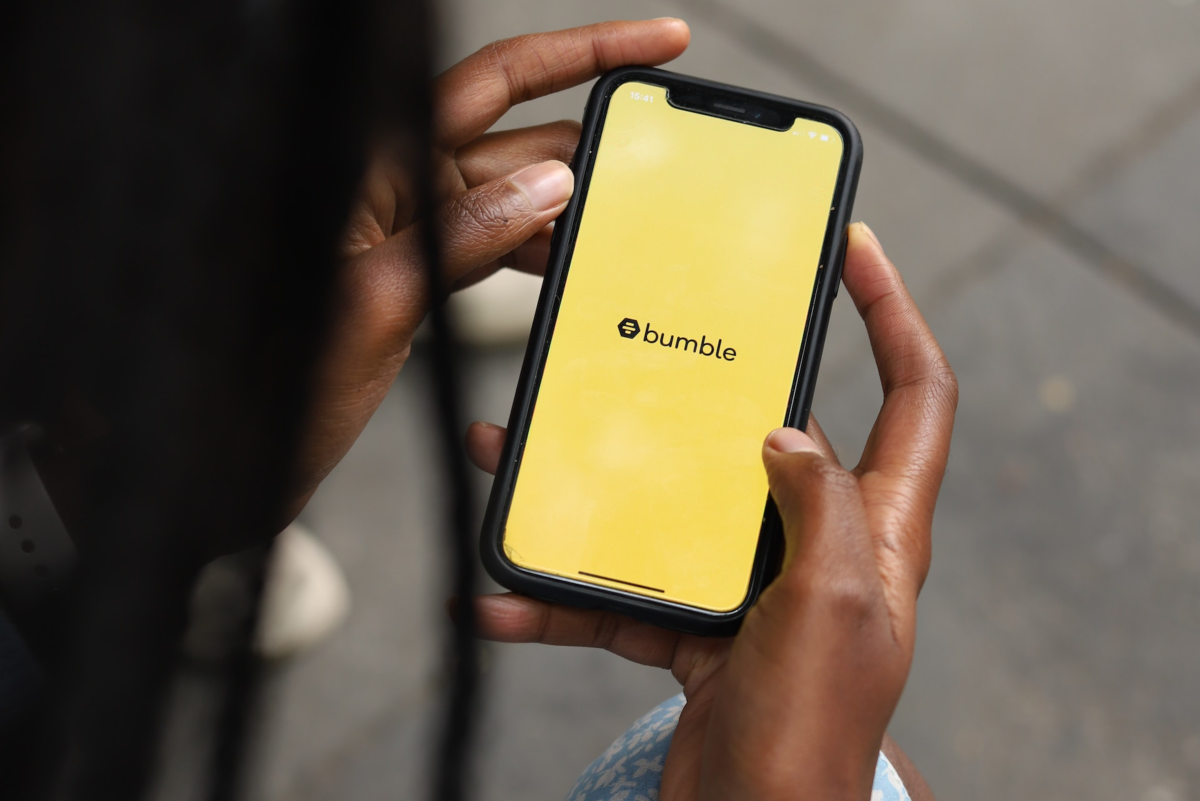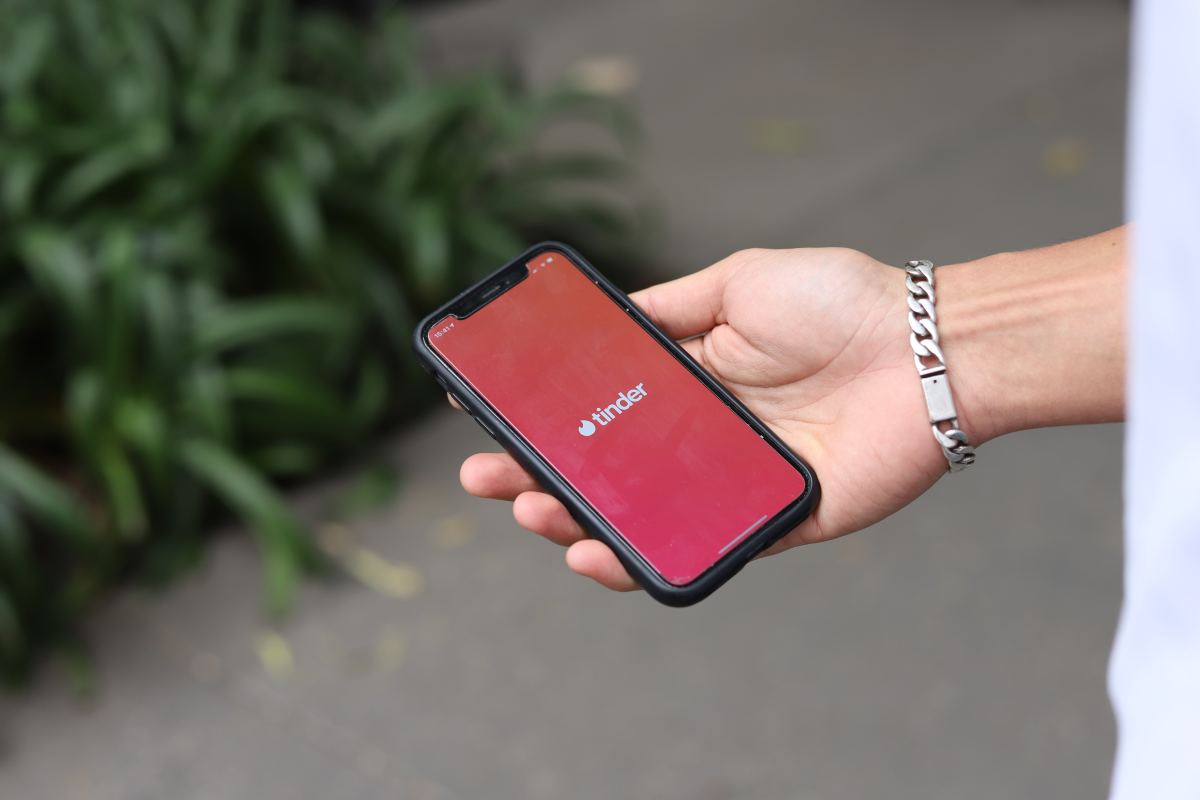- HubPages»
- Gender and Relationships»
- Dating & Online Dating»
- Online Dating
Online Dating: There's No Place to Love Here

Sebastian lived with his partner on the outskirts of Paris for several years. The 30-year-old man's relationship with his partner gradually evolved until they chose to live together in the same apartment.
However, their relationship took an unexpectedly negative turn, which eventually led to their separation after seven years together. The end of the relationship came with the popular dating app Tinder. Sebastian is addicted to browsing the app every day, and starting conversations with girls he likes with their photographs and accounts. Today, despite his association with another girl, he still visits Tinder on a daily basis. This is what he brought to lie on the couch at the psychiatrist's clinic.
Tinder is an online dating app, released in 2012. Within months, it became among the 25 most popular social apps, based on the number of users. While some of its users enter it for the purpose of marriage, it is best known to be used by young people to establish casual relationships.
The app is easy to use: it highlights its users as a "card", containing a picture of their own choosing and a profile of each of them. Tinder gives the user an expression of admiration for the other by dragging the "card-person", which appears in front of it on the screen, to the right via swipe technology (or, drag the screen to the left if he doesn't like the "card-person"). The user only knows another likes if the two users are likes (the so-called Match).
Tinder isn't the only dating app, but it's the most popular with over 57 million active users worldwide and about 4.7 million subscribers, according to Financial Times (the paid subscription gives the user several features, including the preference to appear before other users). It is not surprising that Sebastian is addicted to using the app. Tinder relies on the same mechanism of action as gambling, lottery and video games, one of its founders, Jonathan Baden, admits.
In a 2018 documentary, the Guardian noted in one of its articles, Baden argues that the app's algorithm is inspired by the behavioral psychology enhancement process, which increases the likelihood that a user will repeat certain behaviors in the future, based on an analysis of his past behaviors. In this process, the "reward", which the user receives when he learns that his admiration for another person is mutual admiration (the match gets between them) from his first behavior (find users he likes and pull the screen right or left), which makes him repeat the behavior that he is rewarded for, in order to get the reward once new.
Dr. Hadia Mohammed, the intensive use of situations such as Tinder, refers to the fear of human beings in modern society of loneliness. Especially in countries such as France, where its people live a lifestyle of consumption and rapidly limits their ability to meet new people and get to know their characters up close and build deep bonds with them. Few are the beneficiaries of these applications, especially since the mechanism of the application does not allow users to know the "emotional history" of the application. "There is a possibility that individuals may identify suitable people, but many of them are vulnerable to bad experiences, as there are criminals and precedents on the application", she says.

But Tinder and other applications do not solve the problem of loneliness and people feel that they have no one to understand in their lives. On the contrary, they are exacerbated by the feeling of individuals becoming commodities, bound by transient superficial relationships, aimed at mobilizing each other's time and meeting each other's sexual needs.
In this sense, Mohammed sees the parallels between these dating apps and e-stores, and describes the applications as a "human store": just as the online store makes it easier to identify a commodity, the maker displays attractive images of it and a profile of its best descriptions (to take advantage of the high demand for goods) with these qualities. In order to sell them, the individual describes his qualities, and chooses the best and most popular ones, to present a positive image of himself that is easy to market and "sell" to the other.
"What's scary is that these apps market themselves as the solution to unity, while in fact they feed this feeling". The user returns, time and time again, to get more "love". It takes no more than one "match" for a user of dating apps to comment on the consumer process and addicted to using them if they are ready for addiction, knowing that between 40% and 60% of people are ready for addiction because of their genetic makeup, according to a study published in the journal Molecular Journal 2005.
Because young people, who make up more than half of Tinder's users, are the most vulnerable to addiction, and the app's algorithm reinforces this trend in people. It's no wonder Sebastian's attachment to Tinder and his addiction to using it drives his partner to betray him.
In a consumer world, where big, greedy global companies, studying people's behaviors and employing them to make more profits at their expense, Sebastian becomes one of the millions of account and data holders, who are distinguished only by a picture and a profile of himself to satisfy the taste of others. It's a giant corporate paradise, it's a profit ecstasy.
Dating Apps: The Love Market Is Profitable
The future of Sebastian's relationships may be blurred, but the future of dating apps is clear. These apps will grow further in their number of users and the size of their profits over the next few years. With the dating app market reaching nearly $12 billion by the end of 2018, Facebook launched a dating feature in the United States in September last year (to be activated in other countries later), promising that Facebook Dating will work to bring people like lying closer, Based on the company's detailed data about its users.
Facebook is in competition with the dating app market giant, The Match Group, which is a part of IAC. The group, which has a profit of $1.7 billion, owns Tinder, OKCupid, Plenty of Fish and Hinge.
The group preceded everyone in the market, when they noticed their development early. In 1999, it bought Match.com, followed by the purchase of a number of key players in the market, at which time the advent of the Internet marked a huge shift in the way people communicated.
In the first decade of the Internet, conversations remained in the virtual world between people who were actually connected. The young man used chats to talk to friends, relatives, neighbors or classmates. The success of dating sites is very popular among young people, prompting companies working in this field to transfer the dating experience from websites to smartphone apps as they spread in the last decade. Thus, the potential partner, in his image and profile, is in the pocket, and communicating with him only requires pulling the phone screen to the right.
Residual Applications and Transient Relationships
The increased demand and proliferation of these applications does not mean that they are 100% "safe". Some of these apps cheat the user for their money, as Arabian Date did, taking advantage of the interest of Arab youth using applications geared to the region. The app's accounts are fake, use artificial intelligence, and send fake messages from "fans" to any new user, to increase their use of the app (the process, too, inspired by the process of enhancing behavioral psychology), before asking him to pay monthly amounts if you want to complete the conversation.
In 2016, The Adult Friend Finder was compromised, resulting in the spread of data from some 340 million accounts. However, the demand for dating apps is increasing, as consumer behaviors in all societies are on the rise as people are affected by a globalized lifestyle.
Today, Sebastian is looking for a new partner, spending a night together, or a little more, at a time when he knows that Tinder user behaviors make it harder to replicate the experience of staying in a relationship that is gradually evolving into cohabitation or marriage. The future of online dating doesn't tell anything positive, especially since things are open here to all possibilities and are linked to the shape of the society you are in.
"These applications lead people to take themselves away as a shelf product, with the aim of attracting as many potential customers as possible to feed their self-confidence and ego in a superficial way. Therefore, it must reconfigure the image itself to suit the general taste of the market".
"Tinder gives you a little instant pleasure for a lot of future unhappiness".
This content is accurate and true to the best of the author’s knowledge and is not meant to substitute for formal and individualized advice from a qualified professional.
© 2020 Hafiz Muhammad Adnan








